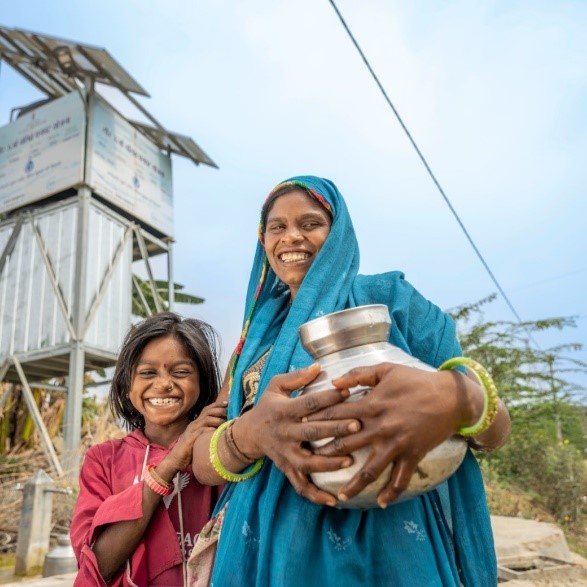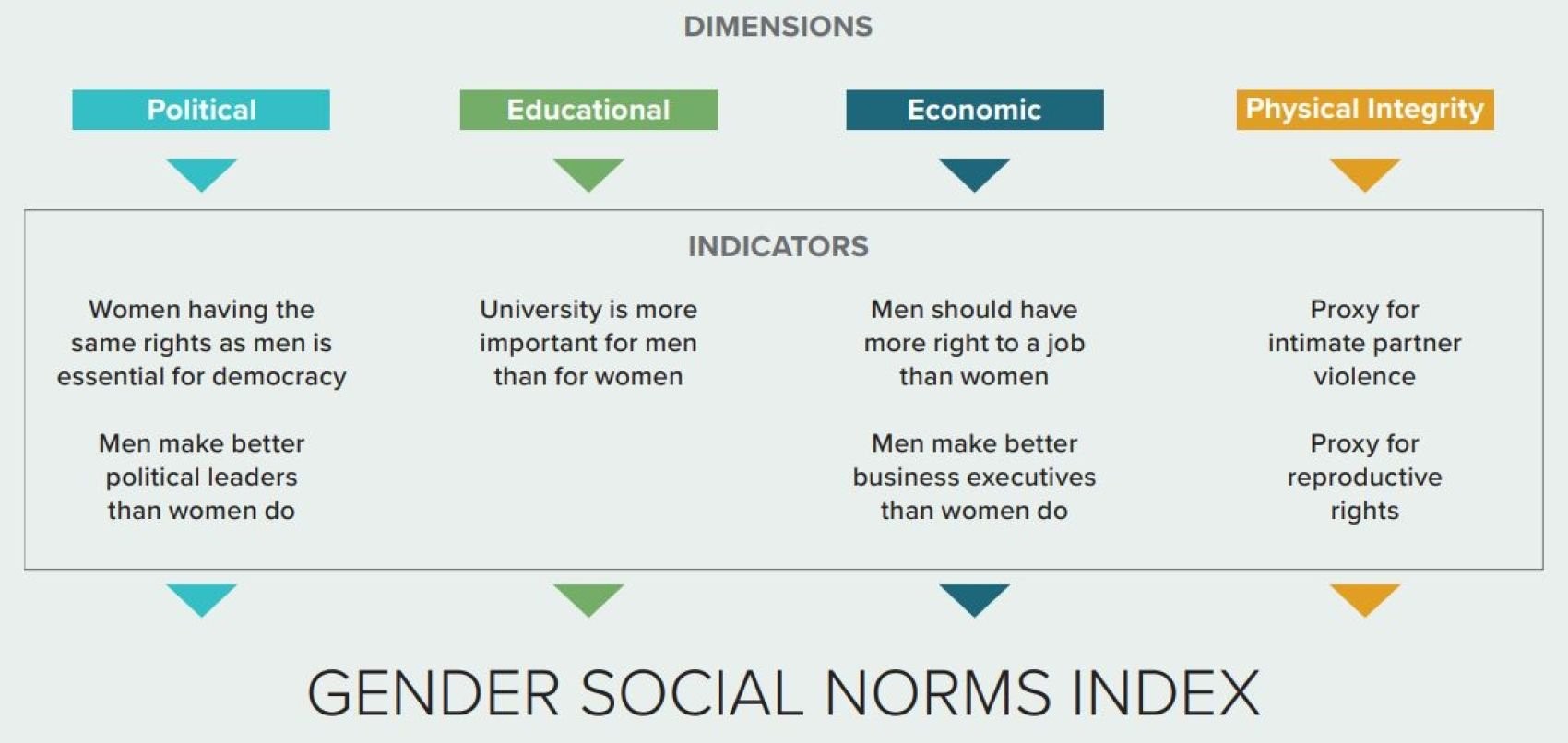Free Courses Sale ends Soon, Get It Now


Free Courses Sale ends Soon, Get It Now



Disclaimer: Copyright infringement not intended.
Context
The Study

Findings
Implications
Silver Lining: Women Catching up Education
Underlying Concerns
Other Hopeful signs
Recommendations made in the Report
Closing Remark
|
PRACTICE QUESTION Q. Persistent biased gender social norms violate human rights and limit the enlargement of well-being by impeding women from acting on behalf of their own values and interests. To drive change toward greater gender equality, the focus needs to be on expanding human development through investment, insurance, and innovation. Elucidate. |
About UNDP: https://www.iasgyan.in/daily-current-affairs/united-nationals-development-programme-undp
© 2024 iasgyan. All right reserved